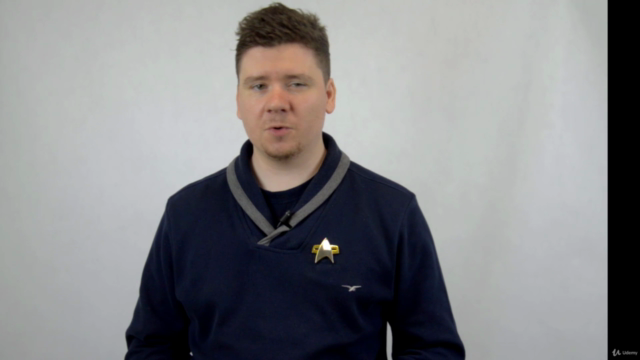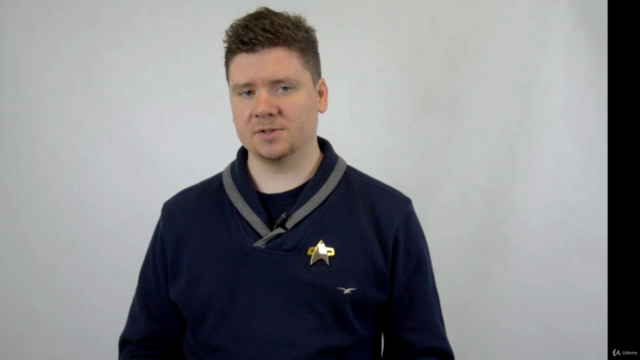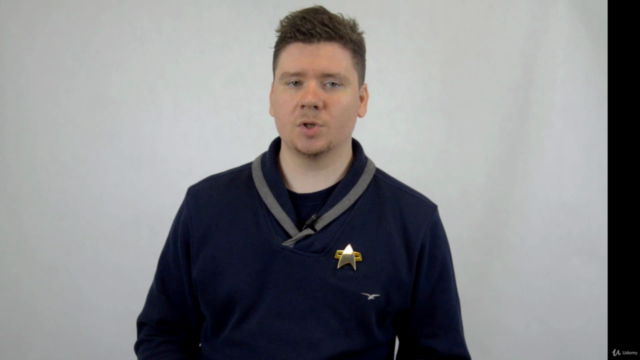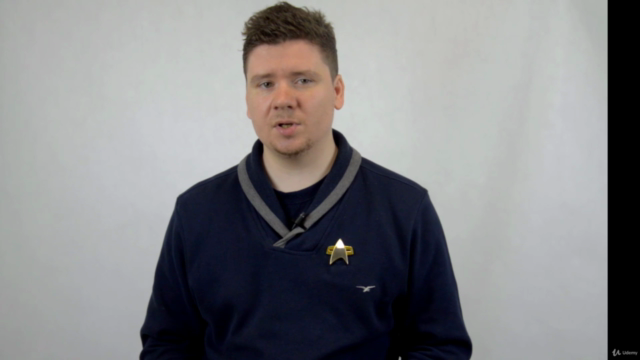Date and Time Fundamentals in .NET and SQL Server

Why take this course?
It sounds like you've outlined a comprehensive and detailed course on understanding and working with dates and times in the context of software development, particularly within the .NET framework. The course covers a wide range of topics from the basics of time zones to the intricacies of date arithmetic and best practices for handling date and time data.
Here's a brief summary of what the course could entail based on your outline:
-
Date and Time Fundamentals: This section would introduce the Gregorian calendar, Coordinated Universal Time (UTC), Greenwich Mean Time (GMT), Atomic Time, how computers handle time, the Network Time Protocol (NTP), date and time formats, Epoch Time, and Unit Time. It would also discuss the scope and perspective of date and time representation.
-
Time Zones: This part delves into what a time zone is, Daylight Saving Time (DST), and an exploration of providers such as the Internet Assigned Numbers Authority (IANA) or the TZDB database. It may also cover Microsoft's approach to handling time zones.
-
Date and Time in .NET: This section would provide an in-depth look at
DateTime,DateTimeOffset,TimeZoneInfo,TimeSpan, calendars, andStopwatchwithin the .NET framework. It would also highlight the limitations and pitfalls associated with these types. -
Noda Time: The course would offer a comprehensive overview of Noda Time, including its core types like
LocalTime,LocalDate,LocalDateTime,Instant,Interval,Duration, andZonedDateTime. It would also guide learners on how to write unit tests using Noda Time. -
Best Practices: This section would cover a variety of practical aspects, including arithmetic with date and time values, parsing dates, calculating birthdays, scheduling events, handling different date and time formats, working with date ranges (intervals), and other best practices to avoid common mistakes.
-
Recap: Finally, the course would likely recap the key points covered to reinforce learning and understanding of the material.
The course is designed for a duration of around 3 hours, consisting of video lectures that are accompanied by downloadable slides and code samples. The content seems to be tailored for developers who work with dates and times in .NET applications and are looking for a deeper understanding of the subject matter beyond the basics provided by the BCL (Base Class Library).
Keywords such as C# datetime, datetime parsing, datetimeoffset, date and time fundamentals, noda time tutorial, and SQL date functions indicate that the course will cover both in-depth theoretical concepts as well as practical applications in C# programming and SQL Server. It's clear that this course aims to equip developers with the knowledge and tools needed to handle dates and times effectively and accurately in their software projects.
Course Gallery




Loading charts...